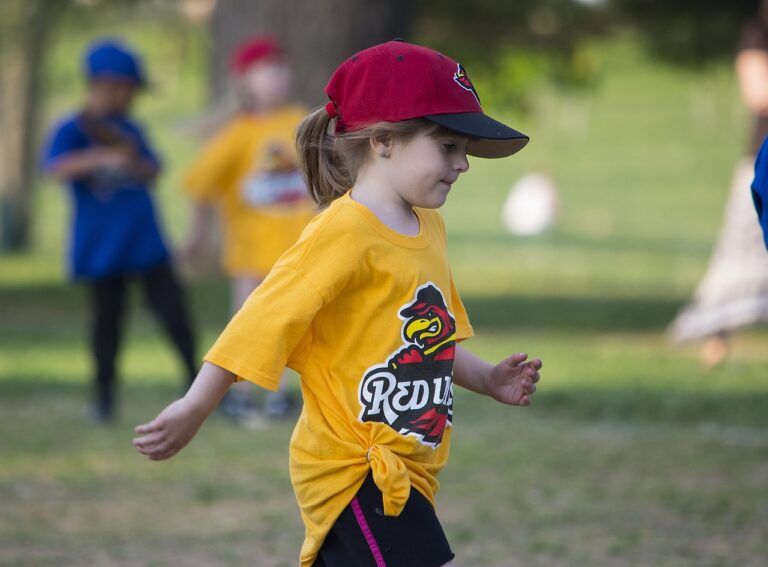IPL Player Retention Strategies: Balancing Performance and Loyalty
Silverexchange, 11xplay pro: When it comes to player retention in sports teams, several key factors play a crucial role in ensuring the longevity of players within an organization. One of the primary factors is the relationship between players and coaches. A positive and supportive environment nurtured by coaches can significantly impact a player’s decision to stay with a team, fostering trust and rapport that are essential for long-term commitment.
Another critical factor in player retention is the team culture and dynamics. A cohesive and inclusive team culture, where players feel valued and respected, can create a sense of belonging and camaraderie that makes individuals more likely to remain with the team. When players feel connected to their teammates and share common goals and values, it strengthens their commitment to the team and contributes to overall player retention rates.
Impact of Performance on Retention Decisions
When it comes to making decisions on player retention, performance plays a pivotal role in shaping the outcome. Coaches and team managers often evaluate players based on their on-field contributions and effectiveness in achieving team goals. Performance metrics such as scoring, assists, defensive stats, and overall impact on the team’s success are key factors considered in retention decisions.
Players who consistently demonstrate high levels of performance and contribute significantly to the team’s success are more likely to be retained. On the other hand, those who struggle to meet expectations or fail to deliver on the field may face challenges in securing their position within the team. The ability to perform consistently under pressure and meet or exceed performance benchmarks is crucial for players looking to secure their spot on the team roster.
• Players who consistently demonstrate high levels of performance are more likely to be retained
• Performance metrics such as scoring, assists, defensive stats, and overall impact on the team’s success are key factors in retention decisions
• Those who struggle to meet expectations or fail to deliver on the field may face challenges in securing their position within the team
• The ability to perform consistently under pressure and meet or exceed performance benchmarks is crucial for player retention
Importance of Player Loyalty in Team Building
Player loyalty plays a crucial role in team building dynamics. When players display unwavering commitment and allegiance to their team, it fosters a sense of unity and cohesion among the group. This loyalty creates a strong foundation of trust and support, which is essential for maintaining a positive team environment.
Furthermore, player loyalty contributes to a sense of belonging and camaraderie within the team. When athletes feel a deep connection to their teammates and the team as a whole, they are more motivated to work together towards common goals. This shared sense of loyalty instills a sense of pride and commitment that can lead to improved performance and ultimately, greater success on the field.
Why is player loyalty important in team building?
Player loyalty is important in team building because it fosters trust among teammates, boosts team morale, and creates a sense of unity and camaraderie within the team.
What are the key factors in player retention?
The key factors in player retention include regular communication with players, providing opportunities for growth and development, creating a positive team culture, and offering competitive compensation and benefits.
How does a player’s performance impact retention decisions?
A player’s performance can have a significant impact on retention decisions. Players who consistently perform well and contribute positively to the team are more likely to be retained, while underperforming players may be at risk of being let go.
How can team managers promote player loyalty within the team?
Team managers can promote player loyalty within the team by building strong relationships with players, providing support and guidance, recognizing and rewarding player contributions, and fostering a positive team environment where players feel valued and respected.







